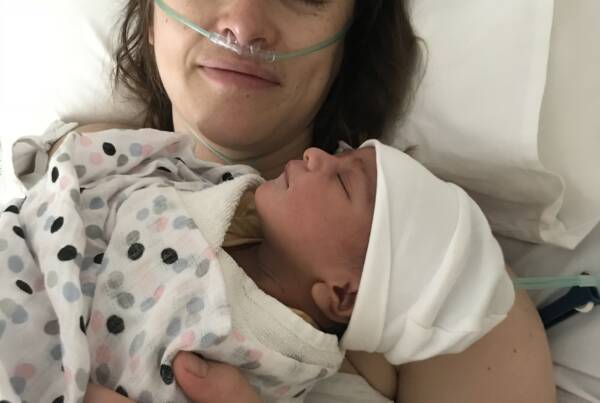Writing by Haylee Penfold
 Cannabis has played a major role in shaping 29-year-old Tegan’s career and wellbeing for quite some time. Through her business, High on Hemp (@highonhemp on Instagram), Tegan shares her story on how the conversation surrounding cannabis use and its benefits is held back by the stigma surrounding the substance.
Cannabis has played a major role in shaping 29-year-old Tegan’s career and wellbeing for quite some time. Through her business, High on Hemp (@highonhemp on Instagram), Tegan shares her story on how the conversation surrounding cannabis use and its benefits is held back by the stigma surrounding the substance.
Cannabis has become something she uses on a daily basis. Whether it be embedded in her clothing, skincare, or supplements. Tegan’s passion for cannabis has seen her travelling the world, connecting with global thought-leaders and brands, and building a business which is changing the conversation and debunking the stigma of cannabis use.
“From a medicinal perspective, the benefits are endless,” says Tegan.
It’s important to know the way cannabis effects the body to properly understand the benefits. Cannabis interacts directly with our body through a network of receptors called the endocannabinoid system. To put it simply, the cannabinoids in the cannabis plant look similar to the endogenous cannabinoids in our bodies. Those found in the plant support the ones inside our bodies and help achieve a state of balance (or homeostasis) throughout our brain and body.
The two most well-known cannabinoids are THC and CBD, however there are over 100 identified, each coming with their own list of benefits. Such cannabinoids have been proven to act as an anti-inflammatory, antioxidant, neuroprotectant and antidepressant, to name a few. Which can be used to assist with a variety of conditions. With that being said, it’s important to note that everyone’s experience with cannabis will be different, as it’s highly individualized. There is no one-size-fits-all treatment, it takes time to find the right delivery method, strain and dosage for your needs.
Australian’s are now experimenting with regulated medicinal cannabis product which can be accessed legally three ways. First is through a GP who is aware of your medical history, given that you are eligible your doctor can prescribe cannabis for your condition in almost all states across Australia (excluding Tasmania). If your GP is uncomfortable prescribing cannabis, you can ask for your health summary or referral to a cannabis clinic. The advantage to this is that you would be working one on one with a cannabinoid expert. Lastly, you can gain access through live clinical trials in Australia that your doctor may be unaware of, so it’s best to do your own research. A good website that Tegan suggests is ANZ Trial Registry.
“I instantly fell in love with its versatility and benefits, however I realised soon after that this knowledge publicly was limited” she says.
The versatility of cannabis delivery is what excites Tegan most. There are a number of different ways cannabinoids can be consumed and each delivery method has its own personality. There are over 150+ registered cannabis products available legally in Australia which consists of ingestion and inhalation deliveries. Tegan hopes to see more suppository, topical and transdermal applications in the future.
With her research and choice of career, Tegan has received backlash and judgment as most cannabis consumers do. Cannabis is controversial because of its complex history. Older generations can be hard to convince when it comes to the conversation of cannabis, purely because of the anti-cannabis propaganda they were raised on.
When dealing with a “non-believer” Tegan says she uses a “four T” system.
Talk history – Discuss how the prohibition of cannabis came about and for what reasons.
Talk science – Refer back to research of conditions which may interest the individual.
Talk wellness – Framing cannabis as a form of general wellness makes it feel more user-friendly for all.
Lastly, talk CBD – The idea that cannabis can be non-psychotropic is still news to some.
So how can you help Tegan on her mission to educate others on cannabis? First and foremost, it’s so important to support the legal cannabis market in Australia. The more individuals that actively participate in contributing data under legal consumption, the more credibility it adds to cannabis as a legitimate treatment option. Be a part of educating your health care professionals by allowing them to witness our journey and the positive effect cannabis has on our daily lives so they feel more confident in referring cannabis to the next patient with similar conditions to your own. Lastly, be vocal about your positive experiences with cannabis. For so long many have felt ashamed to speak about their use of cannabis in fear of being labelled as a typical stoner. Be loud and proud, it inspires more than you know.






